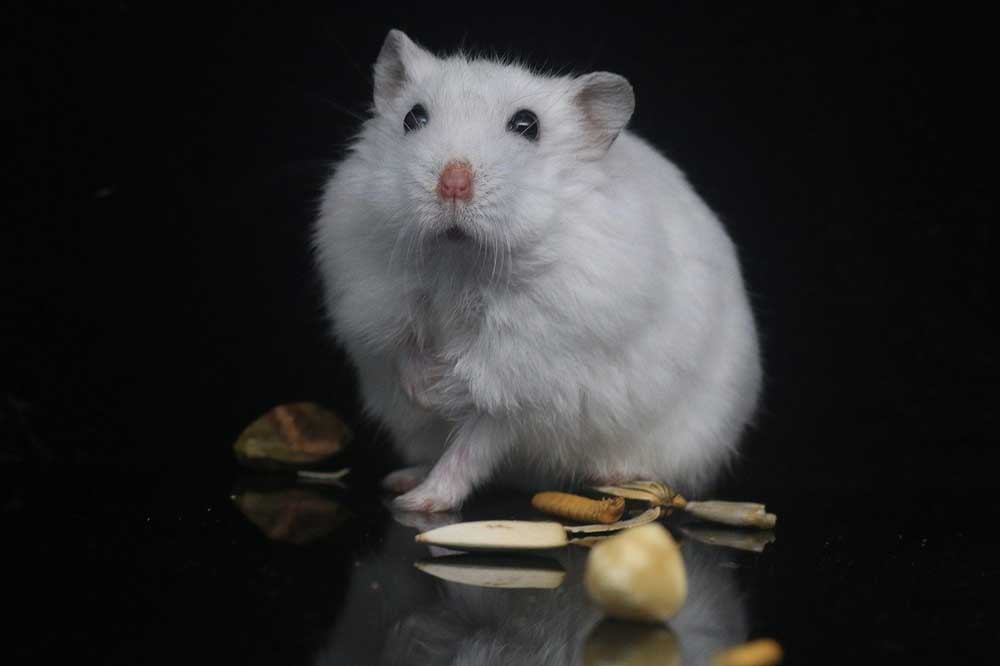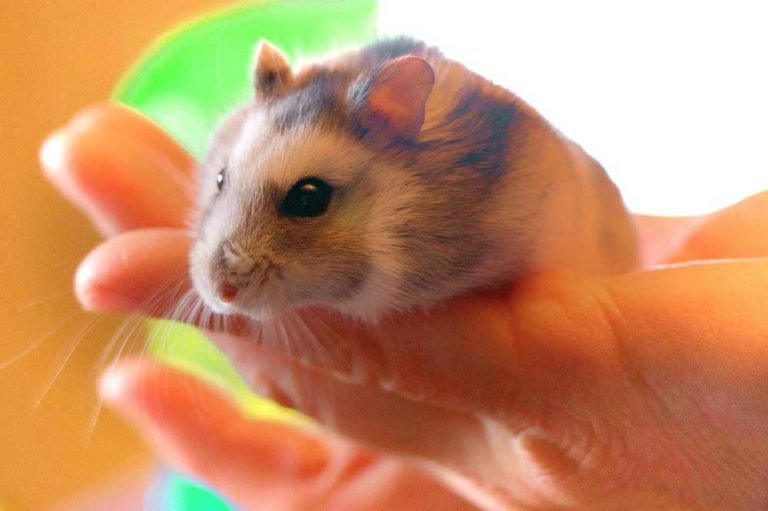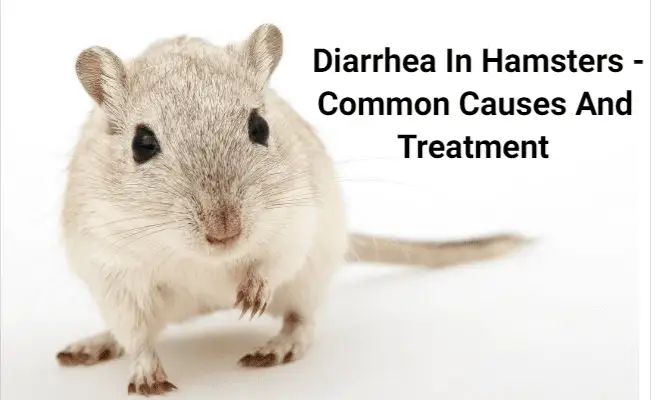How Long Do Hamsters Live For And What Is Their Average Lifespan
Hamsters are small types of pet rodents that are gaining popularity in many homes. They are so tiny and easy to take care of.
There are up to 25 hamster species with different colors ranging from brown to black to white. Some are long in size while others are quite small earning the name dwarf hamsters.
The most common hamster kept as a pet is the Syrian hamster. Syrian hamsters are very territorial and they prefer living in solitary compared to other hamster species like the more social dwarf hamsters.
When choosing a hamster, or generally any other pet, it’s wise to know about their lifespan. This gives you an idea of how long you will have to take care of them.
So how long should you expect to be with your hamster? Even though the lifespans aren’t 100% precise, and your pet can live for longer or even less, they still give you a rough idea.
Let’s look right into them.
How long do hamsters live for and what is their average lifespan?
Hamsters have shorter lifespans compared to other pets. The average lifespan of hamsters is between 2.5-3 years. Factors that affect how long a hamster lives are their genes, species, diet, exercise, sickness, and the condition of their living areas. You can help your hamster live longer by ensuring that they get a balanced diet, the correct exercise, live in a clean environment, and seeing a vet immediately they show signs of sickness.
How long can hamsters live?
Wild hamsters generally live longer compared to pet hamsters as long as they can avoid predators. For instance, the big-sized European hamster can live for as long as 8 years.
The average lifespan of pet hamsters is 2.5-3 years. They have shorter lifespans compared to other pets because they mature faster too.
Baby hamsters are born with little fur and they cannot open their eyes. They are weaned at around 3-4 weeks when they are ready to mate and should be separated.
They take an average of 6-8 weeks to develop into mature hamsters. Young hamsters are more active compared to older ones.
The oldest pet hamster lived for 4.5 years as recorded in the Guinness World Records.
Factors that affect how long hamsters live
How long a hamster will live can be affected by various factors. Some are beyond your control while others are things you can change to ensure that they live longer.
The factors determining a hamster’s lifespan are:
Species
Hamsters have around 25 species with 5 being the most commonly kept as pets. Different hamster species will have different lifespans.
On average, hamsters will have the following number of years to live:
- Syrian Hamsters – 2 – 3 years.
- Campbell’s Dwarf Hamster – 2 years.
- Roborovski Hamster – 3 years.
- Chinese Hamster – 2.5 – 3 years.
- Winter White Russian Hamster – 2 years.
Diet
The food that your pet eats can affect how long they live. If they eat unhealthy foods, they will have a low immunity system and get sick often.
But if they have healthy balanced meals, they will have strong immunity and be able to fight off diseases living longer in the process.
Hamsters are omnivores meaning that they can eat meat and plants. In the wild, they will feed on plant matter and insects.
Pet hamsters should eat food resembling what they would normally eat in their natural habitats. A balanced hamster diet should have fresh veggies like broccoli and fruits like peaches.
They should be fed Timothy hay for their fiber needs and store-bought pellets. Their occasional treats can be protein-based like nuts, mealworms, or even dried crickets.
Clean water in bottles should be provided at all times.
Exercise
Hamsters require daily exercise to remain healthy. Exercise makes them active and keeps their weight in check.
Lack of exercise can lead to obesity which brings about health risks to your pet. Hamsters can run indoors in a safely enclosed area, or climb over boxes and inside tubes outdoors.
They can also use a running wheel or ball for their exercise needs. Always keep an eye on them as they play.
Conditions of their living environment
Hamsters are clean animals. They will prefer to have separate areas for everything from playing areas to sleeping areas to toileting areas.
A dirty living environment will stress your pet, not to mention, make them sick. Always ensure that you clean their cage regularly.
You should spot clean it every day and fully clean it once a week to ensure that it’s tidy and not smelly. Use white vinegar to clean and disinfect everything.
Sickness
Hamsters, just like other pets, do get sick sometimes. Signs of illness can be lethargy, lack of appetite, loss of weight, hunching, hair falling, diarrhea, or bumps under their skin.
Hamsters can get colds very easily too. Whenever you see signs of illness in your pet, you should see a vet immediately to prevent the problem from getting more serious.
Immediate medical care will ensure quick treatment and prevent illnesses from getting out of hand and leading to early deaths.
Signs of aging in hamsters
Hamsters mature fast making them age early. The following are signs of an aging hamster:
- Inactivity – lethargy and fewer movements like usual show an aging pet. They will stop running in their wheel like they normally do and become inactive at night too.
- Sleeping – older hamsters tend to sleep more compared to younger ones.
- Lack of appetite – if a hamster becomes older they won’t need as much energy as they used to so they will begin to eat less than they used to.
- Weight loss – a hamster who has lost appetite will lose weight too.
These same signs may be shown by a sick pet. If your pet is not old and they begin having these signs, you should talk to a vet.
Conclusion
The average lifespan of a hamster is 2.5 to 3 years. Hamsters have shorter lifespans compared to other pets.
The length of a hamster’s life can be affected by their diet, species, exercise, sickness, and living conditions.
You should provide a well-balanced diet to your pet, exercise them, and clean their cages regularly to ensure that you have a healthy pet who has higher chances of living longer.
- Can Hamsters Travel in a Car? (Read This First)
- Why Do Hamsters Put Food in Their Cheeks? (Explained!)
- Can Hamsters Live Outside? (What You Should Know)
- Can Hamsters Learn Their Name? (Know The Details)
- Can Hamsters Eat Ice Cream? (Read This First)







